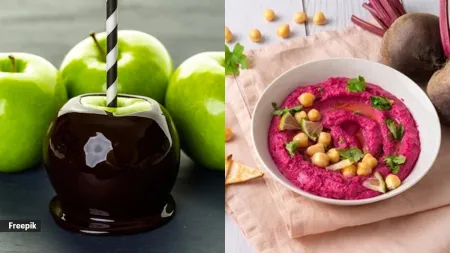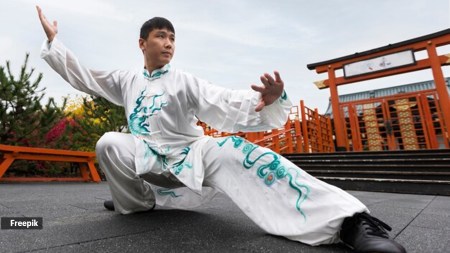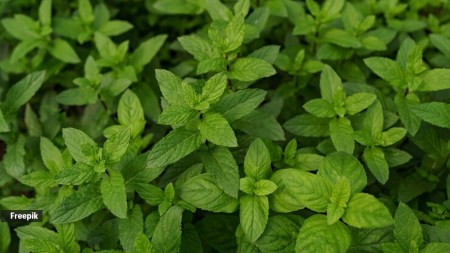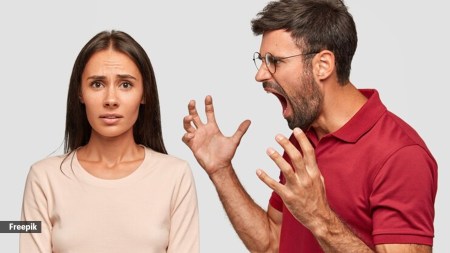Samantha Ruth Prabhu opens up about allergy to flowers; experts on why it happens
Samantha Ruth Prabhu recently opened up about her love for flowers but recalled how they triggered an allergy the previous time. “Those mixed feelings when you love these pretty things but are scared AF because the last time, they sent you to the emergency room. Like who the hell is allergic to flowers?! Tsk,” shared Samantha.
Pondering over her statement about who is allergic to flowers, we decided to ask experts how and why flowers trigger allergies in some people.

According to Dr Somnath Gupta, senior consultant physician, Yashoda Hospitals, Hyderabad, flowers “unexpectedly trigger allergies in some individuals”, leading to symptoms like sneezing, itching, and rashes. “The primary cause of flower allergies lies in the pollen produced by flowers. Pollen is a fine powder containing male reproductive cells that facilitates the plant’s reproduction,” said Dr Gupta.
Proteins triggering response
Within pollen, proteins act as allergens, substances that provoke an immune system response. “These proteins can vary between flower species, contributing to the diversity of allergic reactions,” noted Dr Gupta.
The immune system misidentifies harmless pollen proteins as harmful invaders in allergic individuals. “This triggers the release of histamines and other chemicals, causing allergy symptoms,” said Dr Gupta.
Many flowers release pollen into the air for fertilisation, making it easily airborne. “Inhalation of this airborne pollen is a common route for allergic reactions,” described Dr Gupta.
In mild cases, symptoms are runny nose, nasal congestion, watering of eyes, sneezing, and itching. In severe cases, wheezing and breathing difficulty occur. Prompt treatment helps in the relief of symptoms, said neurologist Dr Sudhir Kumar, Apollo Hospitals, Hyderabad.
The size of pollen particles matters in triggering allergies. “Small, lightweight pollen particles are more likely to be inhaled deeply into the respiratory system, intensifying the allergic response. Cross-reactivity can occur when proteins in flower pollen resemble those found in certain foods, leading to allergic individuals experiencing symptoms when exposed to both,” explained Dr Gupta.
Allergies to flowers can vary from person to person due to individual sensitivity. Some may be allergic to specific flower species, while others may react to a broader range, said Dr Gupta.
What causes it?
Seasonal variations impact flower allergies, with certain flowers producing more pollen during specific times of the year. This seasonal influx can heighten allergic responses.
Mold spores often accompany pollen, especially in humid conditions. For some, the combination of mold and pollen can exacerbate allergy symptoms, said Dr Gupta.
According to Dr Gupta, genetic factors play a role in determining susceptibility to flower allergies. “Individuals with a family history of allergies are more likely to develop allergic reactions to flowers,” said Dr Gupta.
Prevention
To mitigate flower allergies, individuals can take preventive measures, such as avoiding exposure during peak pollen seasons, using air purifiers, and practicing good personal hygiene, said Dr Gupta.
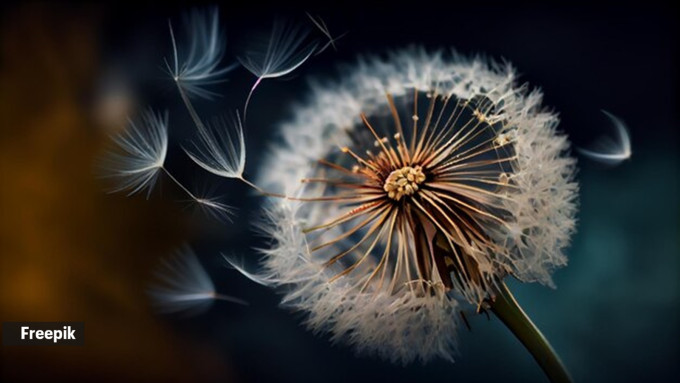 Here’s how pollen can trigger allergies (Source: Freepik)
Here’s how pollen can trigger allergies (Source: Freepik)
Treatment
Allergy medications, including antihistamines and nasal corticosteroids, can provide relief from flower allergies. In severe cases, allergen immunotherapy may be considered, said Dr Gupta.
“For wheezing, bronchodilators and nebulizers are used. For severe cases, a visit to the Emergency Room, followed by steroid injections needed,” said Dr Kumar.
View this post on Instagram
A post shared by Samantha (@samantharuthprabhuoffl)
Disclaimer: The copyright of this article belongs to the original author. Reposting this article is solely for the purpose of information dissemination and does not constitute any investment advice. If there is any infringement, please contact us immediately. We will make corrections or deletions as necessary. Thank you.
